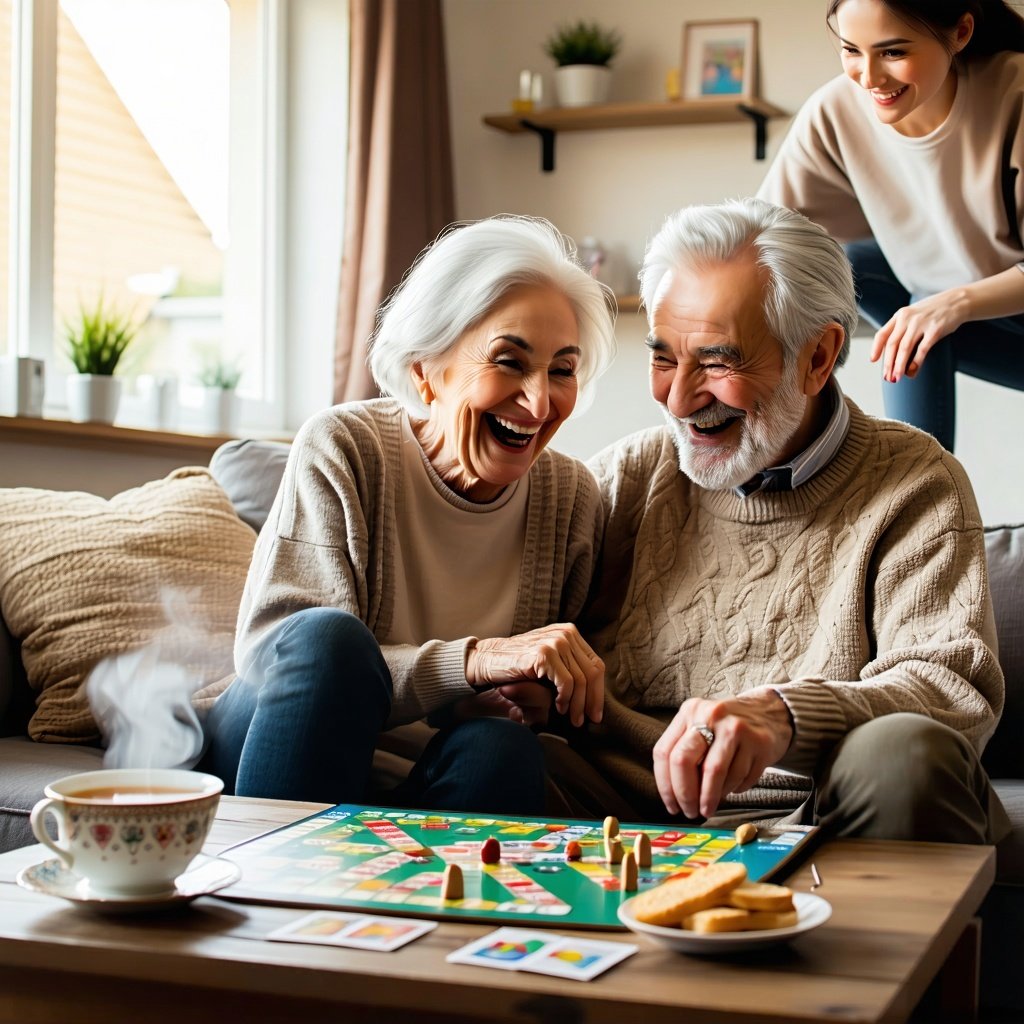
Loneliness and social isolation aren’t just emotional challenges—they’re serious health risks, especially for older adults. Research shows that staying socially connected supports both mental and physical well-being as we age.
Fortunately, meaningful social connection can still thrive at home—with the right support. In-home care offers not just help with daily tasks, but also real companionship and emotional engagement.
Why Social Wellness Matters for Seniors
As we age, life changes such as retirement, mobility issues, or the loss of loved ones can make it harder to stay socially active. But staying connected is essential for:
-
Lowering stress and depression
-
Maintaining brain function
-
Boosting energy and motivation
-
Supporting heart health and immunity
Staying engaged isn't just “nice to have”—it's a key part of healthy aging.
Companionship Makes a Difference
One of the most powerful parts of in-home care is consistent companionship. Caregivers can offer more than support—they bring conversation, shared routines, and emotional presence into daily life.
This can look like:
-
Chatting over coffee or lunch
-
Sharing favorite hobbies or TV shows
-
Taking walks or playing games together
Even small moments of connection can provide comfort and joy.
Staying Active and Engaged
In-home care can also encourage seniors to participate in activities they love—or discover new ones. Staying mentally and physically active can reduce feelings of loneliness and improve quality of life.
Some favorite activities include:
-
Doing puzzles or crafts together
-
Listening to music or reading aloud
-
Going on short outings or virtual visits with family
When caregivers take time to get to know a client’s personality and interests, those shared activities become more meaningful.
Supporting Emotional Health at Home
Seniors who feel emotionally supported are more likely to speak up about physical or mental health concerns. A familiar caregiver can often notice subtle changes in mood or behavior and share updates with families or care teams if needed.
Having that trusted presence also reassures family members—knowing their loved one is not alone and is emotionally supported, day to day.
Final Thoughts
Social connection doesn't require a busy calendar or a crowded room. For many older adults, it starts with simply being seen, heard, and cared for on a regular basis.
Whether it’s through conversation, shared routines, or engaging activities, in-home care can help seniors feel more connected—and that connection makes all the difference.
Want to bring more connection into your loved one’s life?
We’re here to help. Contact us to discover how our caregivers can support social wellness in the comfort of your own home.






